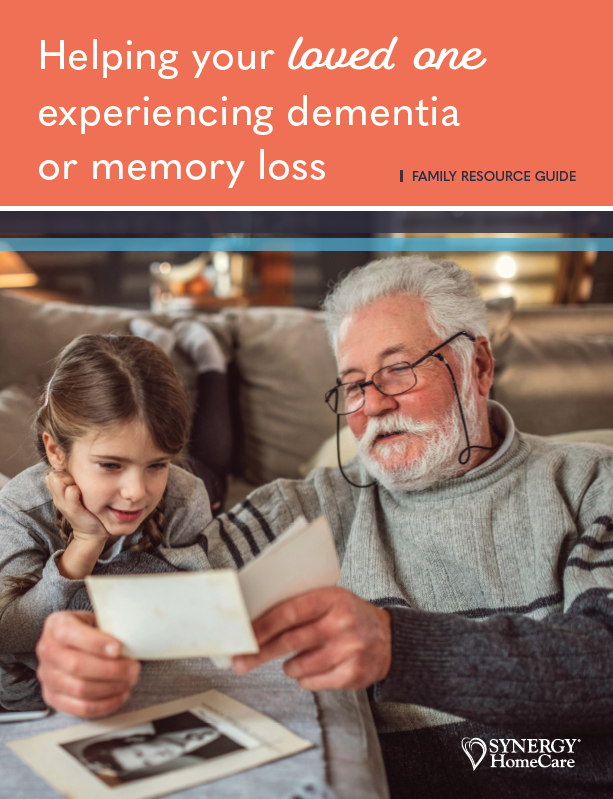Many people wonder what the difference is between Alzheimer’s Disease and dementia.
According to the Alzheimer’s Association, dementia is an overall term for a particular group of symptoms. The characteristic symptoms of dementia are difficulties with memory, language, problem-solving and other thinking skills.
Alzheimer’s Disease – a type of brain disease that causes damage to nerve cells in the brain – is one cause of dementia. It accounts for somewhere between 60-80% of dementia cases. The brain changes of Alzheimer’s disease include the accumulation of abnormal proteins called beta-amyloid and phosphorylated tau, as well as the degeneration of nerve cells. The brain changes of Alzheimer’s disease are the most common contributor to dementia, which is typically the first symptom to emerge, along with apathy and depression.
Alzheimer’s Disease is a progressive disease. Later symptoms include impaired communication, disorientation, confusion, poor judgment and behavioral changes.
Eventually, the damage to the brain’s nerve cells affects basic bodily functions such as walking, speaking and swallowing.
One area of special concern is preventing falls, which can cause head injury, fractures and hospitalization. Preventing wandering is another area of special concern. Wandering refers to individuals walking away from a particular location and being unable to retrace their steps. Individuals become lost, putting them at risk of significant injury and even death. This is one reason that a person living with Alzheimer’s Disease benefits from a regular caregiver, either a member of the family or a professional caregiver.
It is important to note that the differences between normal age-related cognitive changes (changes in memory, language and thinking) and the cognitive changes of Alzheimer’s Disease can be subtle. The Alzheimer’s Association recommends that people experiencing cognitive changes should seek medical help to determine if the changes are normal for one’s age, are reversible (for example, caused by a new medication or vitamin deficiency), or may be a symptom of Alzheimer’s Disease or another form of dementia.
Whether your loved one has been diagnosed with Alzheimer’s Disease or another form of dementia, understanding the disease and identifying the right family caregiver resources and support can leave you feeling overwhelmed and stressed.
Rest assured, SYNERGY HomeCare is here to help you navigate through uncharted waters and create peace of mind in caring for your loved one experiencing dementia or memory loss.
To download the FREE SYNERGY HomeCare Memory Care Guide, visit the “Resources” section here.
Speak with a Memory Care specialist today
877-432-2692
Source: Alzheimer’s Association. 2022 Alzheimer’s Disease Facts and Figures. Available: https://www.alz.org/media/Documents/alzheimers-facts-and-figures.pdf
 Memory Care Family Resource Guide
Memory Care Family Resource Guide
Request a FREE e-download of our Memory Care Family Resource Guide to help equip you in caring for your loved one living with Alzheimer’s or dementia.




